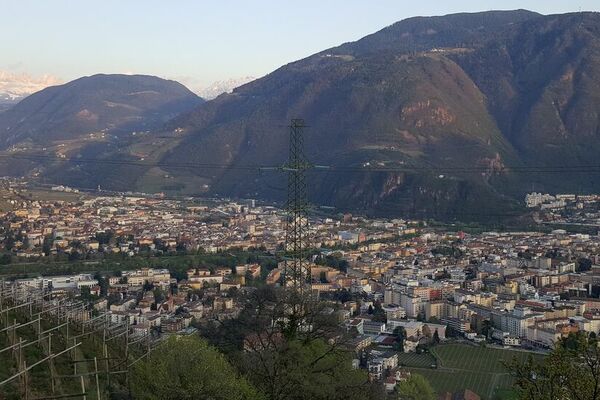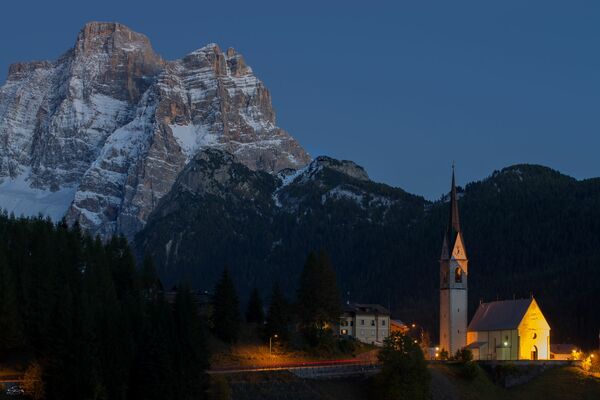Our lives, our happiness, our Alps
The Alps represent a naturally and culturally rich environment with great diversity, but also many similarities and common challenges. They offer a high quality of life for the inhabitants. Only by fostering the preconditions can Alpine inhabitants maintain a good life and continue to flourish. Quality of life very much depends on how people perceive it, which is why it can mean something different in different places (around the Alps).
Compared to the whole of Europe, the Alps may seem to be a homogenous region (with similarities and common challenges). Looks can be deceiving however, as every country, but also every region, municipality or valley within the Alps has its specificities.
Taking account of these specificities is very important when preparing development strategies and policies. It also means involving people to participate, to get involved and contribute to improving their quality of life. There can be no "one size fits all" when it comes to the Alps!
Promoting the role of women in mountain areas
The essential role of women in mountain regions as well as the promotion of women empowerment and gender equality has to be put at the forefront of the debate on sustainable development in mountain areas. This gives important impetus for the implementation of the UN Sustainable Development Goals especially Goal 5 "Achieve gender equality and empower all women and girls".
"When women leave, the land dies" is a quote from a study of the University of Natural Resources and Applied Life Sciences in Vienna. The rural exodus is female. Young women with a high level of education leave the structurally poor rural regions when professional and private development opportunities are not available. This is where programmes and projects should start that create job opportunities, increase quality of life and promote participation. E.g. coworking spaces in the countryside, cultural work, volunteer centres, childcare centres, education centres or affordable housing.
When it comes to the question of how we use the land there are numerous interests to balance such as agriculture, energy production, roads and railways because only 20% of surfaces in the Alps are suitable for human settlement. We must also respect the diverse species that share this space with them.
Planning all these activities in a certain area directly impacts the ground where it is carried out. Conserving healthy soils is key for climate protection and the Alpine countries are committed to protecting this precious resource. The European Union has also set a goal for zero net land take (when undeveloped land is lost to development by humans) by 2050. Soil sealing is a great challenge as high-quality soils are a rare commodity and a virtually non-renewable natural resource.
It can take 1000 years for just 2-3 cm of soil to build up!


Alpine towns play a central role in preventing people from moving away from the more remote locations in the mountains and into bigger cities surrounding the Alps. As local or even regional centres they provide services of general interest to the inhabitants of the city itself but also to the people living in the surroundings. People moving from remote areas (depopulation) is one of the greatest threats for the preservation of cultural landscape and diversity (cultural heritage).
Spotlight on: public transport
Reliable, sustainable and accessible public transport, on-demand services and efficient and sustainable goods transport are important foundations for a high quality of life. This includes towns and villages being well connected by bus, even in the evenings, that a taxi service is available when there is no public transport, that the post office in the countryside is as fast as in the city, and that products for daily use are available in the immediate vicinity. How do you envisage efficient public transport where you live?
One of the main objectives of the Alpine Convention is to shift traffic in the Alps from road to rail, thus reducing the number of cars and lorries on the roads. This requires a rethinking of our economic well-being, which is closely linked to the growing volume of traffic. However, personal well-being does not only depend on the former, but can also be positively influenced by other forms of mobility - e-car sharing, using buses, trains, through active mobility such as walking and cycling! Last but not least, this promotes the health of nature and people, as air pollution through various emissions and noise are directly related to a high volume of traffic.

